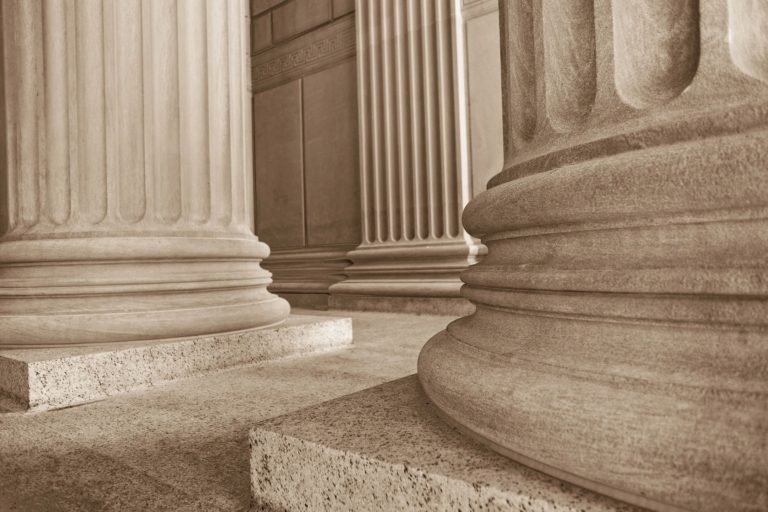Under a new rule issued by the Federal Deposit Insurance Corporation (FDIC) banks can easily hire more people with criminal records.
FDIC-insured banks are prohibited from hiring any person who has been convicted of a crime involving “dishonesty, breach of trust, or money laundering,” unless they obtain consent from the FDIC, but he new rule limits the instances in which a bank would have to get that written approval.
This enables more individuals to work for banks without going through red tape and the final rule will have a major impact on individuals who no longer need to obtain written consent from the FDIC in order to work for a bank.
The new rule:
“Excludes all offenses that have been expunged or sealed rather than only certain types of expungements.”
“Allows a person with two, rather than one, “de minimis” crimes to qualify for the de minimis exception. De minimis in this case means crimes deemed minor or insignificant.”
“Eliminates the five-year waiting period following a first de minimis conviction and establishes a three-year waiting period following a second de minimis conviction.”
The number of Americans with criminal records makes second-chance hiring vitally important and 77 million people have criminal records in the United States, according to the FBI. The challenges people with a criminal records face in getting a job, from suspicious employers to rules that prevent them from obtaining occupational licenses, have negative consequences on those who have been convicted of a crime. This creates barriers to reintegrating into society.
The FDIC rule is a good first step, but more employers and businesses need to proactively expand job opportunities for people with records, including further expanding the de minimis exceptions and ensuring that individuals with criminal and civil fee and fine debt are not unfairly barred from employment.
Banks are hiring more people with criminal records
- 26/07/2022
- 2:50 pm
admin
Thinker & Designer
Share on facebook
Share on twitter
Share on pinterest
Share on reddit
Recent Posts

10 August, 2022
Mitchell Hamline School of Law in St. Paul, Minn. this summer accepted their first incarcerated student....

09 August, 2022
Financial inclusion is the term used for efforts to make basic banking and financial products safe, affordable,...

08 August, 2022
According to NYN Media, New York City should work with unions and re-entry providers to provide work...

05 August, 2022
Southern California is based on a reputation for offering its citizens the promise of education, jobs,...

04 August, 2022
After the murder of George Floyd ignited nationwide protests, corporate America promised to take an active...

03 August, 2022
President Biden signed Executive Order 13985 on his first day in office. That order advances racial equity...

02 August, 2022
In the wake of the killing of George Floyd and amid calls for greater social justice, the U.S. stock...
No posts found



